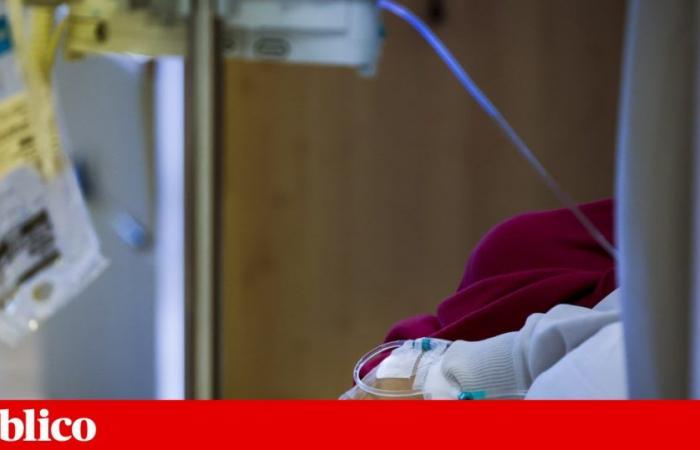More than one billion people worldwide are affected by a high rate of missed diagnoses, and it is estimated that 70% of cancer-related deaths worldwide occur in low- and middle-income countries where access to Better diagnostic techniques may be in short supply. This justifies the need to develop accurate and accessible cancer diagnostic tests.
This is where the work of a team of researchers from China comes in, who developed a diagnostic tool that is “accurate, accessible, ecological and easy to use for various types of cancer, including pancreatic, gastric and colorectal cancers”, highlights a summary from the Nature Sustainabilitythe magazine in which the discovery was published in this week’s edition.
This instrument, adds the summary, “is capable of diagnosing cancers in a few minutes and could help solve the need for accessible diagnostic tools, especially in remote areas” – be they “ecologically sensitive or energy-limited regions”.
The cancer diagnosis method we talk about here is based on the detection of metabolites (substances resulting from metabolism) and uses dried blood samples, in particular, dry serum samples, instead of the traditional storage of liquid blood.
“This tool provides an environmentally friendly and metabolite-stable solution for the collection and storage of biological samples”, adds the summary of the Nature Sustainability.
The researchers combined this method with nanoparticle-enhanced mass spectrometry, increasing “the sensitivity and speed of detection”, highlights the summary.
The study authors believe that this approach allows the diagnosis of pancreatic, gastric and colorectal cancers within minutes, allowing for greater accessibility, sustainability and accuracy. With the collaboration of population-based cancer screening programs, scientists suggest that implementing this tool in less developed regions could reduce missed diagnoses of colorectal, gastric and pancreatic cancer by between 20.35 and 55.10%.
In the scientific article, the authors write that “metabolic diagnosis is promising, but faces challenges due to the applicability of biological specimens and the limited robustness of analytical tools.” And they point out that their approach “could reduce the estimated proportion of undiagnosed cases of colorectal cancer from 84.30% to 29.20%, gastric cancer from 77.57% to 57.22% and pancreatic cancer from 34%. .56% to 9.30% – an overall reduction of around 20.35 to 55.10%”.
Scientists also state that, “as opposed to testing in vivo carried out in specialized facilities, the tests in vitroespecially using serum [plasma sanguíneo]can be performed through an integrated network of central laboratories in primary care settings”.
Dried blood samples “use transportable substrates to centralize testing in regional or central laboratories,” requiring “simple” storage conditions.
The team also states that, currently, these tests in vitro demonstrated “large-scale success in a metabolic study, covering more than 95% of all newborns in developed countries in screening for congenital metabolic diseases”.
“An affordable metabolic diagnostic can help healthcare systems identify individuals with abnormal cancer metabolism. Therefore, monitoring cancer-induced metabolic changes using dried blood is important for the sustainability of the medical hierarchy. [estrutura organizacional que define a ordem de autoridade e responsabilidade dentro da área da medicina]especially in less developed regions”, they conclude.
Tests in development
Although it is not yet a scientifically proven clinical practice, many North American users are already starting to use blood tests as if they were an oncological screening.
These new cancer detection blood tests – around 20 tests are in different stages of development – measure the “signs” of cancer, that is, they identify the biological substances released by cancer cells, such as fragments of tumor DNA. Some may even be able to identify the affected organ or tissue.
Although these findings are promising, experts warn of drawbacks. To date, there is no evidence that detecting cancer through a blood test translates into greater survival and fewer deaths, or even a cure.
Tags: Scientists create test diagnose multiple cancers Oncology
--





